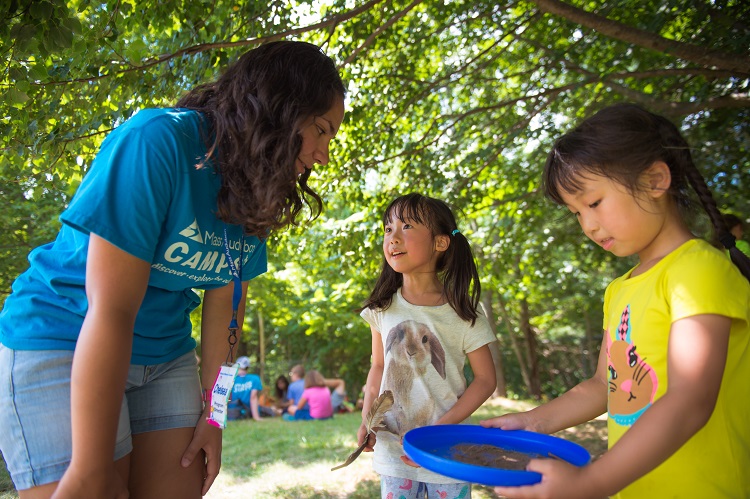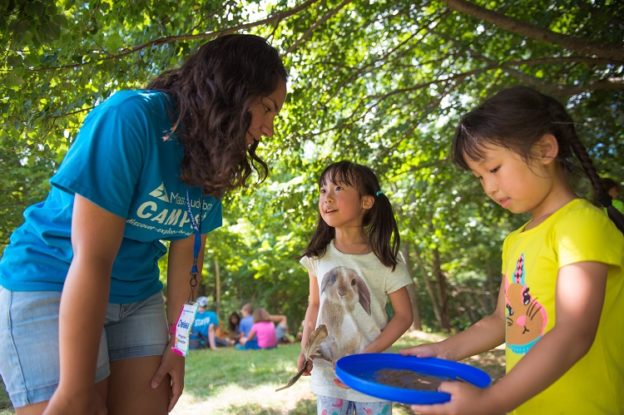
Climate change can sometimes feel like something happening far away that’ll only reach us in the future. Even more worrying is that Americans are least likely to think they themselves will be harmed by climate change, and over half of Americans say that haven’t personally experienced its effects.
These findings demonstrate a need to emphasize how the crisis is happening here and now, to our communities and wildlife in our backyards. Place-based education, which uses culture, ecology, landscapes, and tangible experiences to guide our understanding of the world around us, can create that connection, allowing us to visualize these impacts close to home in real-time.
Nature’s Wisdom Spreads Far and Wide
We know that moving people to action requires more than just data, we must touch hearts and minds. When we use nature as the conduit for learning about climate change, we contextualize the crisis in places people care about and are familiar with.
Place-based climate education is a pathway through which we can reach a place of empathy and care to inspire collective climate action. Using nature to visualize climate adaptation and response reaches people of all ages and backgrounds, and this knowledge can even spread to their families and communities.
Turning Lessons into Action
Mass Audubon offers various opportunities for place-based education to engage people in both forming connections with the world around them and then acting to protect that very same world in their communities.
Our climate programs provide people with a space for learning and action. For example, our Youth Climate Summit Program, an immersion in climate action, engages middle-high school aged youth in brainstorming, managing, and implementing a Climate Leadership Project in their own towns and neighborhoods.
By learning through nature, our communities, and the places we love, we build lasting connections that drive deeper dedication to acting on the climate crisis that threatens their future.


